Since being on a gluten-free diet has become quite a fad recently. Most food experts have been advocating eating a diet of gluten-free food. But have you ever wondered if this gluten-free diet is safe for everyone? Or are there any side effects of the gluten-free diet?
While most doctors and researchers do vouch for the benefits of resorting to a gluten-free diet, many others also warn us against a gluten-free diet's side effects.
Let us analyze what these side effects are and what causes them.
Gluten-Free Diet Side Effects
While a gluten-free diet may prove beneficial for many people, one cannot ignore a gluten-free diet's associated risks. Have you wondered what happens when you stop eating gluten?
A gluten-free diet is the most helpful for people who have celiac disease. But even people who do not suffer from it have started eating gluten-free because they believe it is incredibly beneficial for health.
That being said, research has shown that following a gluten-free diet without any trace of celiac illness can prove detrimental to health.
Some of the possible side effects of a gluten-free diet that you should be aware of are outlined below.
Nutrient Deficiencies on a Gluten-Free Diet
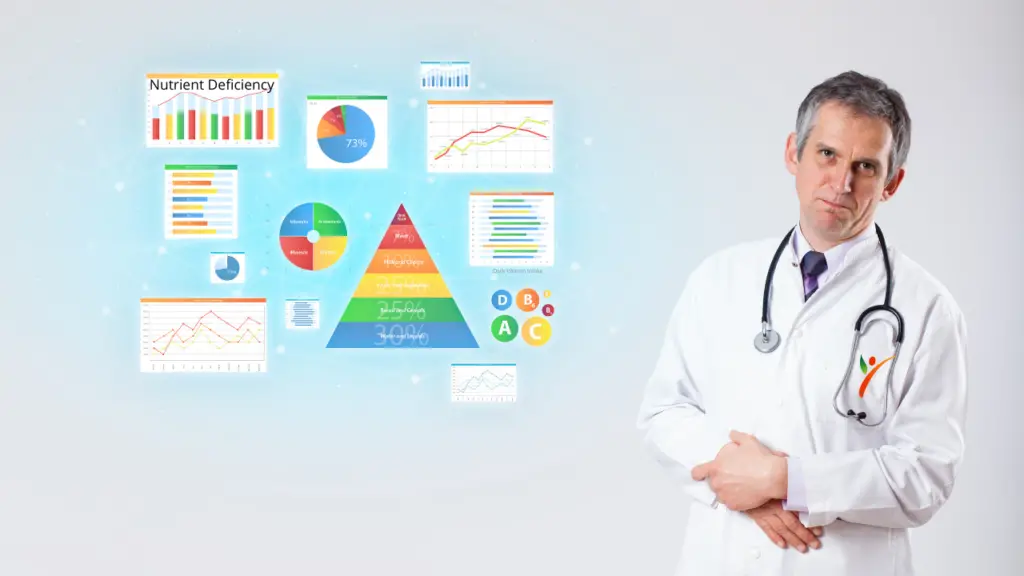
Gluten intolerance affects people who are allergic to gluten. And gluten is majorly found in food like wheat, barley, rye, etc. These whole grains are the best source of rich nutrients like iron, fiber, calcium, folate, riboflavin, etc.
On a gluten-free diet, you cannot eat any food items made out of these grains. Thus, you may miss out on many nutrients on a gluten-free diet, which you would have otherwise gotten on a regular diet.
Ingestion Of Extra Acellular Carbohydrates
Foods with carbohydrates that do not have intact cells are called acellular carbohydrates. These foods have become popular in recent times as a rampant item of the gluten-free diet list. But the side effects of a gluten-free diet are undermined with these too.
Acellular carbohydrates generally are flours and various flour-based products which are gluten-free. For example, bagels, cakes, pastries, and the likes available as gluten-free varieties, are acellular carbohydrates. Since these acellular carbohydrates have no intact cells, they are much faster in aiding the digestion and fat absorption process.
Whereas cellular carbohydrates, which have the intact cells, have carbohydrates in their natural form. These intact cells in the cellular carbohydrates come out of dietary fibers. These dietary fibers help to slow down the digestion and thus the absorption of the molecules of carbohydrates.
In turn, these create a low carbohydrate density food. Some common examples of such cellular carbohydrates are sweet potatoes and many whole fruits.
Bad For Blood Sugar Control
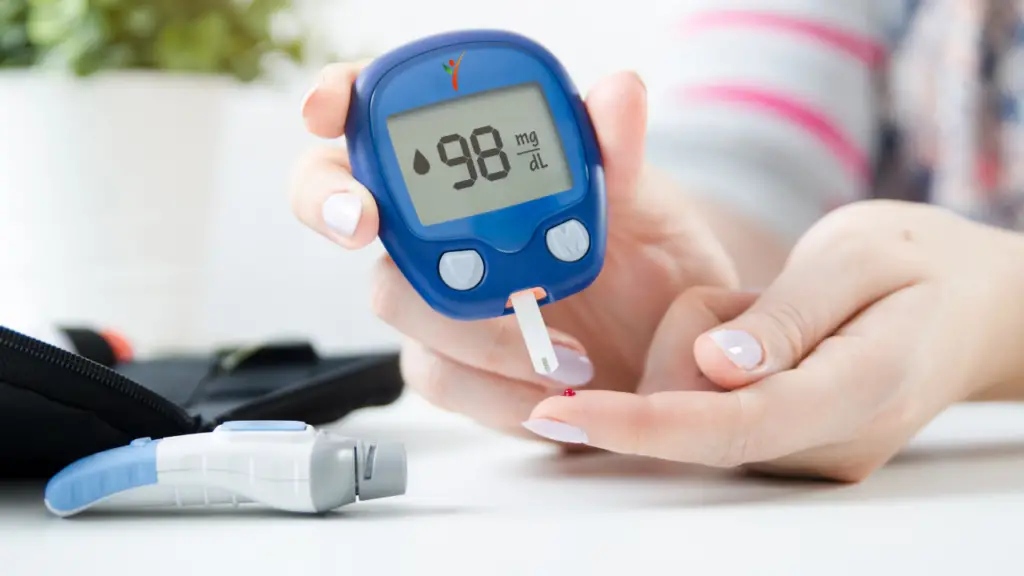
The acellular carbohydrates in gluten-free foods help in the growth and multiplication of some inflammatory gut bacteria.
This gut bacterium is extremely bad for health. The expansion of these bacteria may mean a visible detrimental low in health. These bacteria cause blood sugar control and satiety to see adverse effects.
Gluten-free foods have ingredients as their primary focus food, which is rich in acellular carbohydrates. For example, corn, rice, starchy food, and others are all acellular carbohydrates. The acellular carbohydrates in gluten-free food cause the gut microbiota to be damaged. It also makes a visible adverse change in the metabolic health of an individual.
Triggering Fat Gain
The side effects after starting a gluten-free diet are most visible in children who have celiac disease. When children who suffer from celiac sicknesses switch from the regular diet to gluten-free ones, they can often suffer additional health issues.
There is a visible growth in the Body Mass Index of such children. This growth in BMI is due to the acellular carbohydrates found in all gluten-free food items. Gluten-free foods contain a lot of starch; thus, they are primarily the reason for increased body fat in the children.
Another reason for increased BMI or obesity is due to the body making up for the lost nutrients. On a regular diet, one need not worry much about the absorption of adequate nutrients, but a side effect of a gluten-free diet is that the body needs to make up for the losses on its own.
Presence Of Mycotoxins In Gluten-Free Food
Mycotoxins are quite harmful to human health since they are secondary metabolites of toxic mold. These Mycotoxins are heavily present in grains. One of the grains which have the maximum amount of these Mycotoxins from molds is corn.
Gluten-free food typically contains corn. Eating a gluten-free diet, you might likely have a lot of food that contains corn. Doing this is most likely to increase your exposure to the Mycotoxins and thus cause adverse effects to your health.
Difficult To Maintain
While there is no doubt that gluten-free food is in ‘trend' currently and many have advocated it, some people may find it quite challenging to maintain. Gluten-free food is not always readily available in shops, marts, restaurants, and the likes.
You often need to pre-order them at your regular resources, after which you can have access to them. It is certainly not feasible and may disrupt the diet lifestyle.
The wheat-free diet side effects are entirely undermined. Wheat is one of the essential ingredients used in the making of many food items. Finding an alternative to such things that is gluten-free can be a challenging task.
When going gluten-free, the gluten-free food alternatives, compared to their regular counterpart items, are costlier. Thus, be prepared to pay more for your food items if you choose the gluten-free diet without intolerance or celiac disease.
The dangers may include that you do not get an adequate amount of proteins and other nutrients from a gluten-free diet, your body tends to show the adverse effects. You may fall sick often and not have as much strength that you usually do when on a regular diet. It further makes it even more challenging to adhere to.
Side Effects Of Gluten-Free Diet While Pregnant

The joy of pregnancy knows no bounds for the parent-to-be. One must take every extra care to ensure a healthy baby. Many women have such different pregnancies; it will change from individual to individual.
- While some may develop gluten intolerance during their pregnancies, others might do away with it!
- You must listen to your body and its demands during pregnancy.
- If you choose to go gluten-free during your pregnancy, you must consult your doctor first.
- Going on a gluten-free diet without any gluten sensitivity or celiac diseases can cause a vitamin deficiency.
- The dangers of a gluten-free diet during pregnancy are majorly associated with the mother and the baby's lack of proper nutrients.
Some Of The Side Effects Of A Gluten-Free Diet For Expecting Mothers
– Lack of folate
It is a fact that Folate is one of the essential nutrients for a pregnant mother as well as the child. It helps in preventing many congenital disabilities, one of the popular ones being Spina Bifida. If the regular food items do not contain it, the manufacturers are instructed by the government to add an adequate amount of folate in the pre-packed foods.
Gluten-free food is free of whole grains and thus does not contain a fair amount of folate.
You can ensure that you eat the right quantity of folate containing natural food. If you must go on a gluten-free diet on your pregnancy due to your gluten intolerance or celiac sickness, ensure that you consume the required folate amount every day. This way, not only you but your baby too will be healthy and not lack nutrients.
– Lack of iron
You need to consume at least 12 mg of iron per day when you are pregnant. In gluten-free foods, iron, like most other nutrients, is missing most of the time. Having the right amount of iron every day is essential in the proper growth and blood supply to the fetus. Iron also keeps the pregnant mom healthy and helps her endure the pregnancy.
Although there have been improvements in many gluten-free foods' nutrient contents, they are still not enough sometimes. Constantly check the labels of the food you buy, not only should you check the ingredients listed, keep an eye on the nutrient content column.
– Nausea and cravings
Every pregnancy differs from another. While some women may be at an advantage in not experiencing specific symptoms, others might become extremely agitated. The tumultuous hormones cause nausea and cravings during pregnancy.
If you eat a gluten-free diet due to having celiac disease or gluten intolerance, or even by choice, you surely know what cravings feel like. One of the significant cravings during pregnancy can be carbohydrates.
Again, these are majorly available in food that contains gluten. So, if you are craving a particular food during your pregnancy and are on a gluten-free diet, you need to be prepared. Keep some gluten-free food handy, which will not only be a substitute for your cravings of gluten-containing foods but will also give you the required nutrients.
Is A Gluten-Free Diet Only For Celiac Patients?
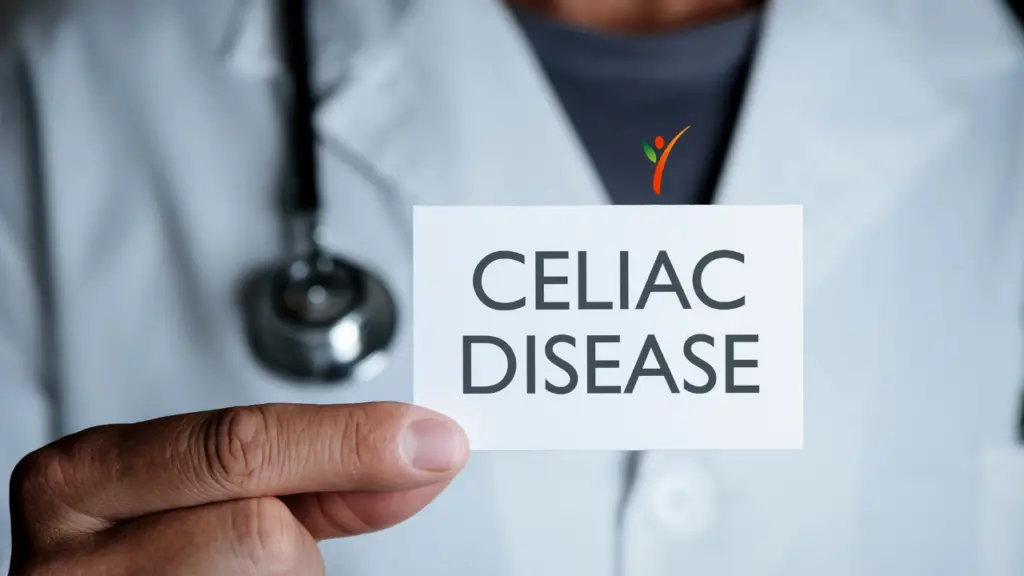
The gluten-free diet has gained popularity over recent times. Those who are suffering from gluten sensitivities or celiac diseases, but even others, are opting for it.
You may wonder if the gluten-free diet is only for celiac patients. Well, the answer to this question has both pros and cons.
A gluten-free diet is most effective and essential when you are sensitive to gluten or have celiac disease. But going gluten-free when you are a non-celiac can do some good and some harm to your body.
Pros –
- You can see a change in your gas build up as it lessens
- You will experience bloating much less often
- Your fatigue will be lesser than the usual
- You will have lesser constipation and a good stool motion
- May aide in weight loss
Cons –
- Lack of a lot of essential nutrients
- Miss out on fiber, which is vital for the body
- Risk of developing Type 2 diabetes
- Not all gluten-free items are healthy thus may lead to weight gain
- Risk of cancer and cardiovascular diseases due to lack of nutrients
Before you opt to go on a gluten-free diet, you must consult with your doctor or nutritionist to ensure that you are making good choices for your body and health. Making drastic changes in your eating regime without consulting a specialist can cause adverse reactions.
Conclusion

Should you choose to go gluten-free, you need to ensure the following things. You should keep track of the number of probiotics and prebiotics that you consume. Your gluten-free food will likely not include these, and you should take them as supplementary. The probiotics and prebiotics are essential as they act as a shield for all alterations made to your gut microbiota.
Pre-packaged foods will always have fewer nutrients, and being that they are processed, you should steer away from them. Always choose healthy whole foods whenever you are making your choices for the foods you eat.
Undoubtedly, gluten-containing food has the most nutrients and may be tastier to you than gluten-free food. But you can nevertheless get the same food on a gluten-free diet, and enjoy the foods you eat.
With the increasing demand for gluten-free food, the manufacturers and local vendors have started making it readily available.
If a gluten-free diet suits you well, you may be happy to switch to it and be healthy despite not having celiac or gluten intolerance. The toxicity levels in the wheat and whole grains may make your decision to eat a gluten-free diet a little easier.
In the end, you need to listen to your body and consult your doctor and see what best suits your needs. Being happy and healthy with the food you eat matters the most.
Please take note:
We are not doctors, and you must always consult your physician to treat any illness or disability.
Live Extraordinarily!


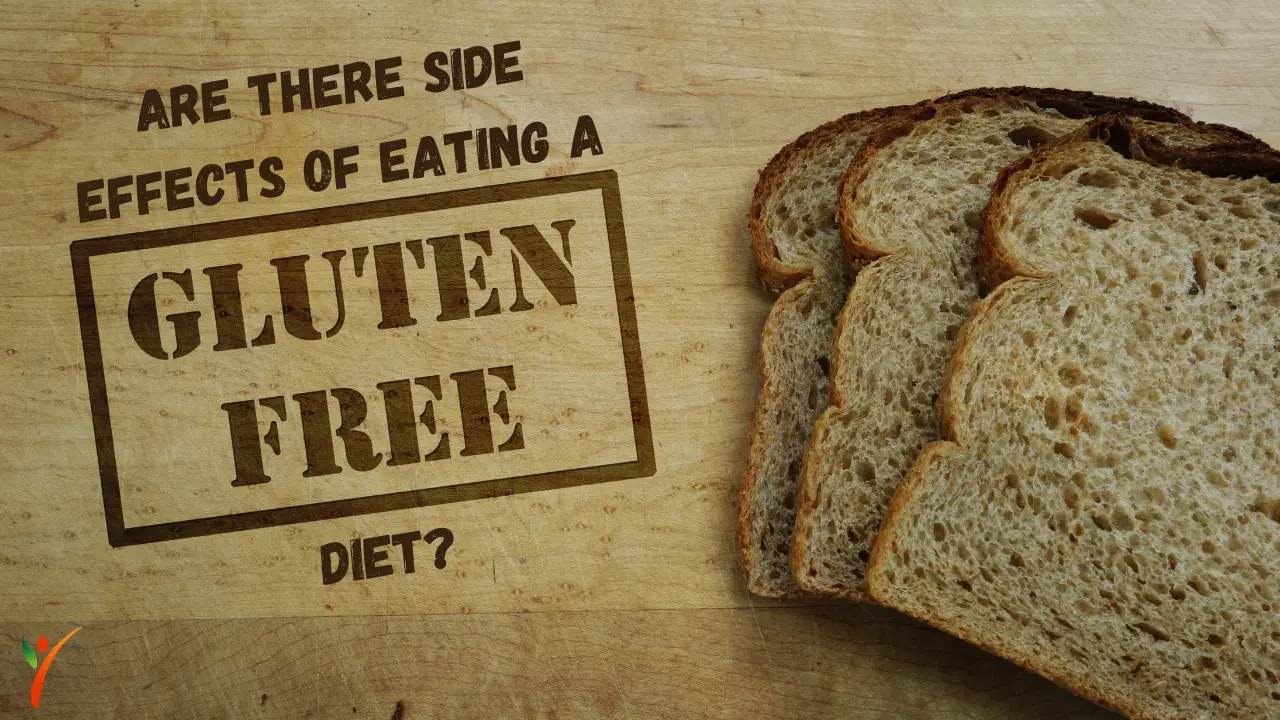
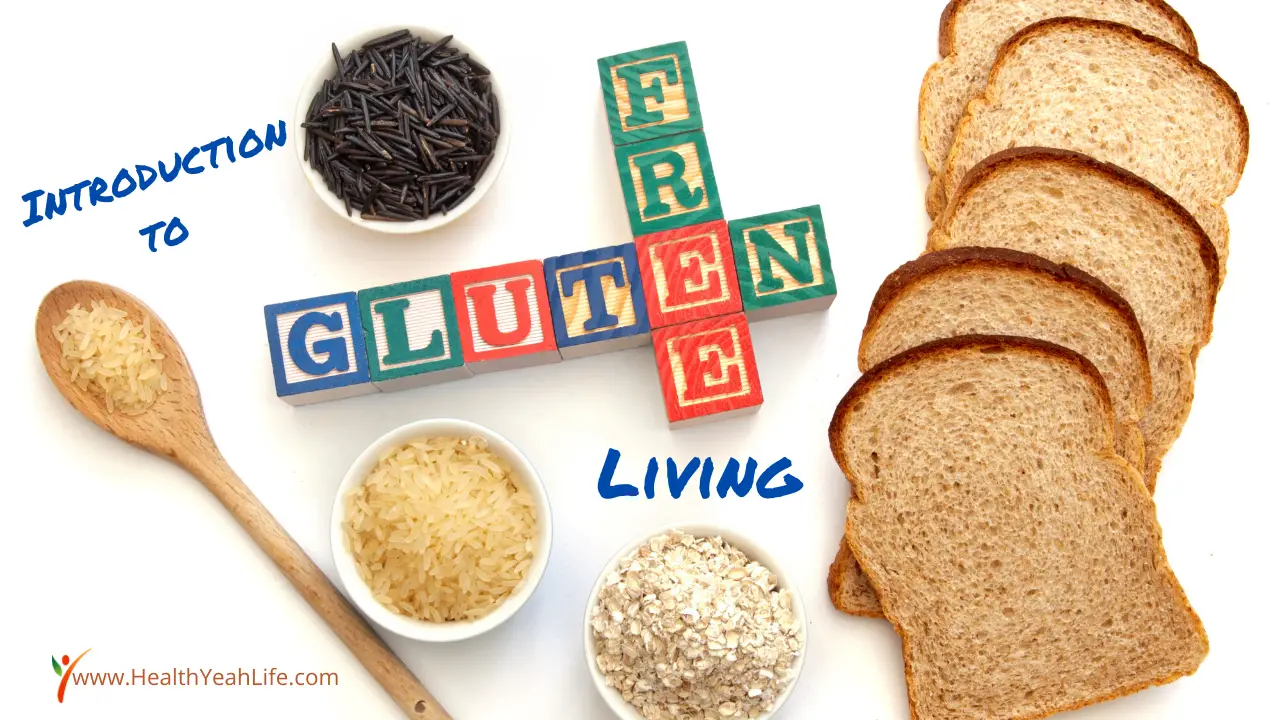

13 thoughts on “What Are The Side Effects Of A Gluten-Free Diet?”
Comments are closed.